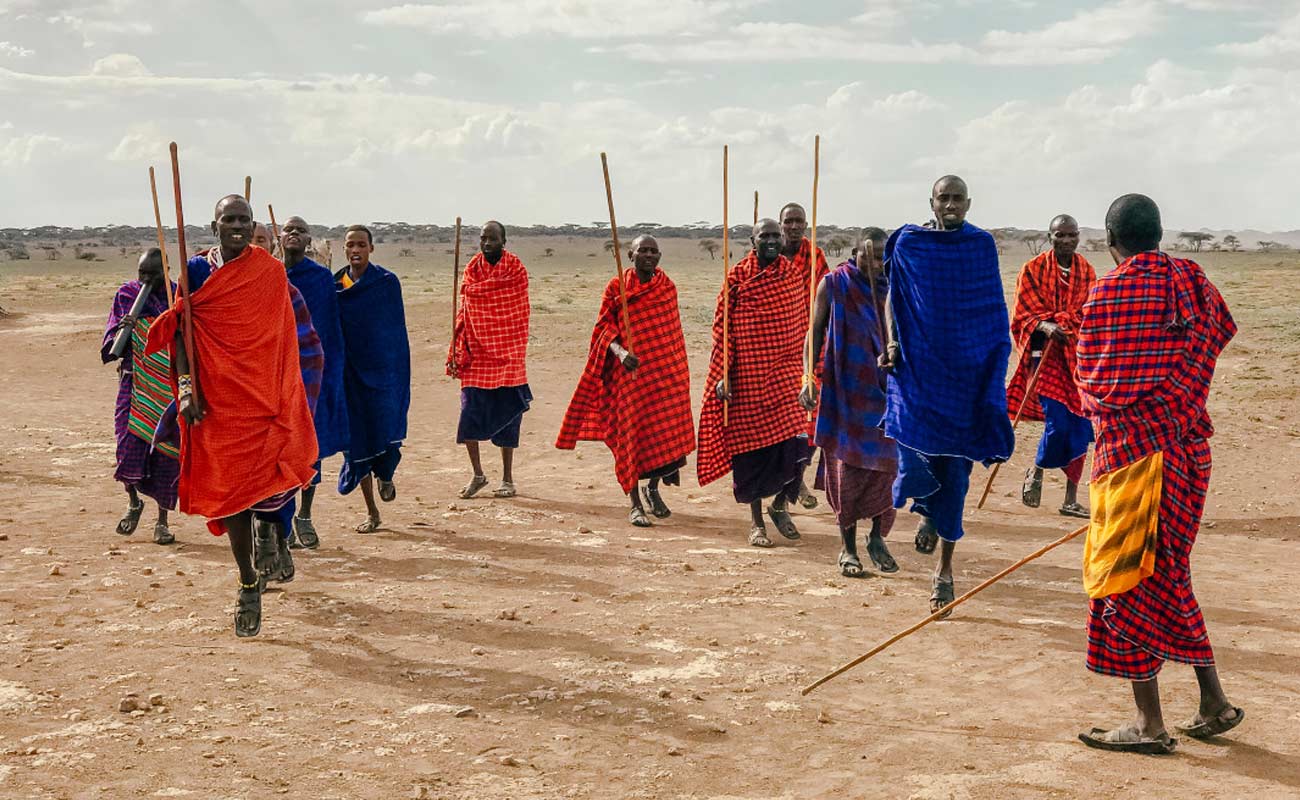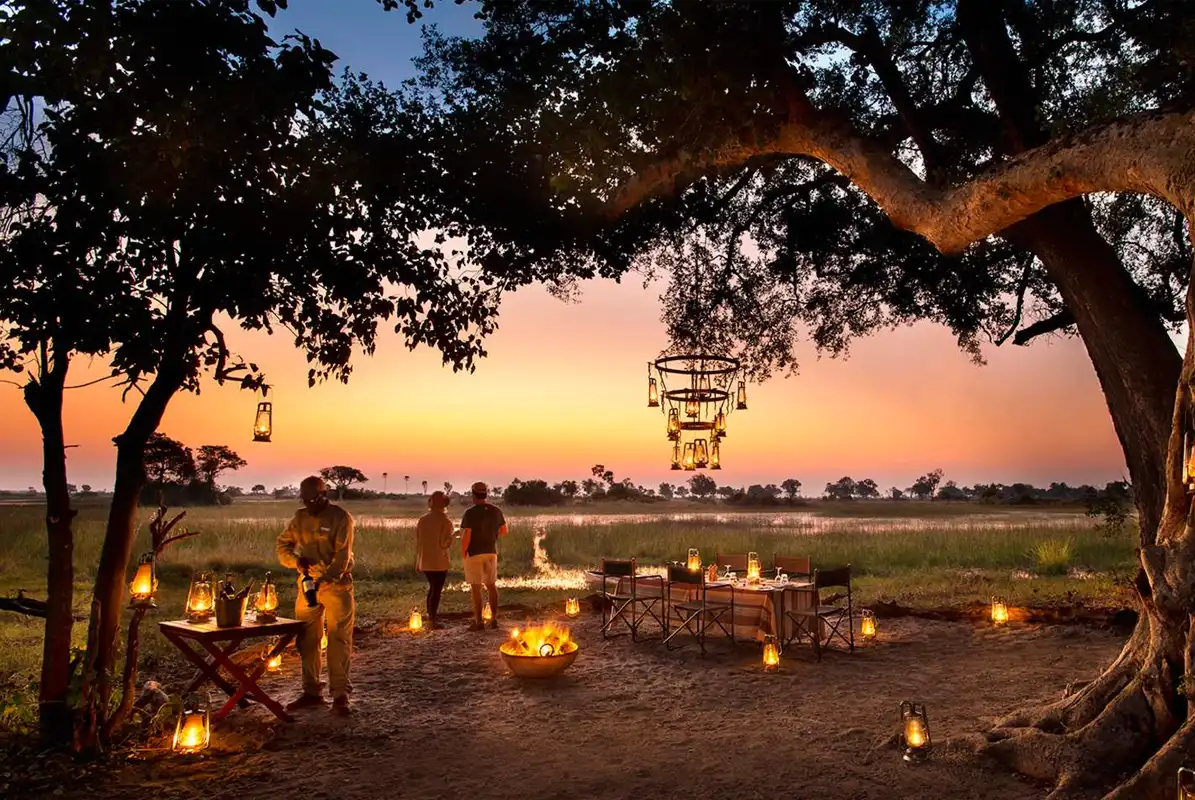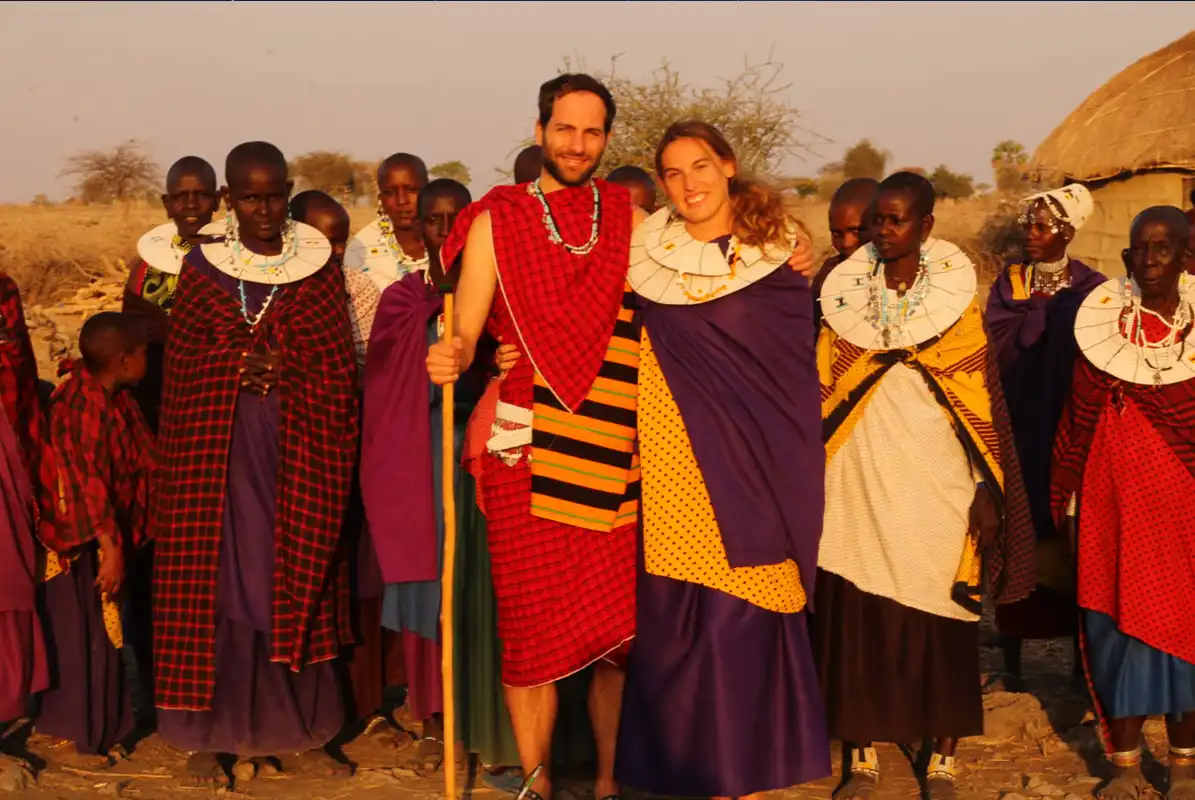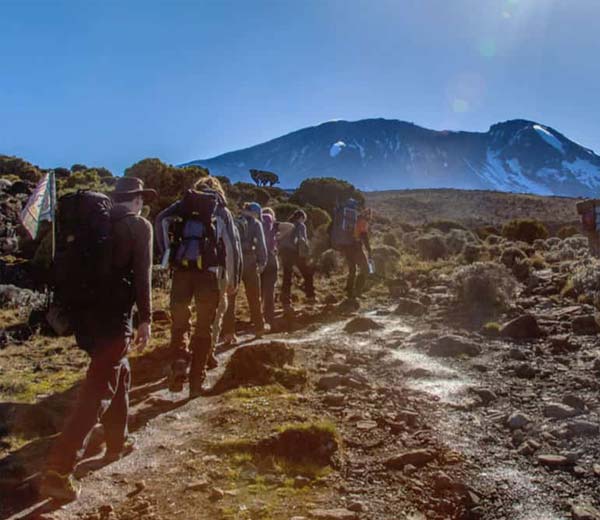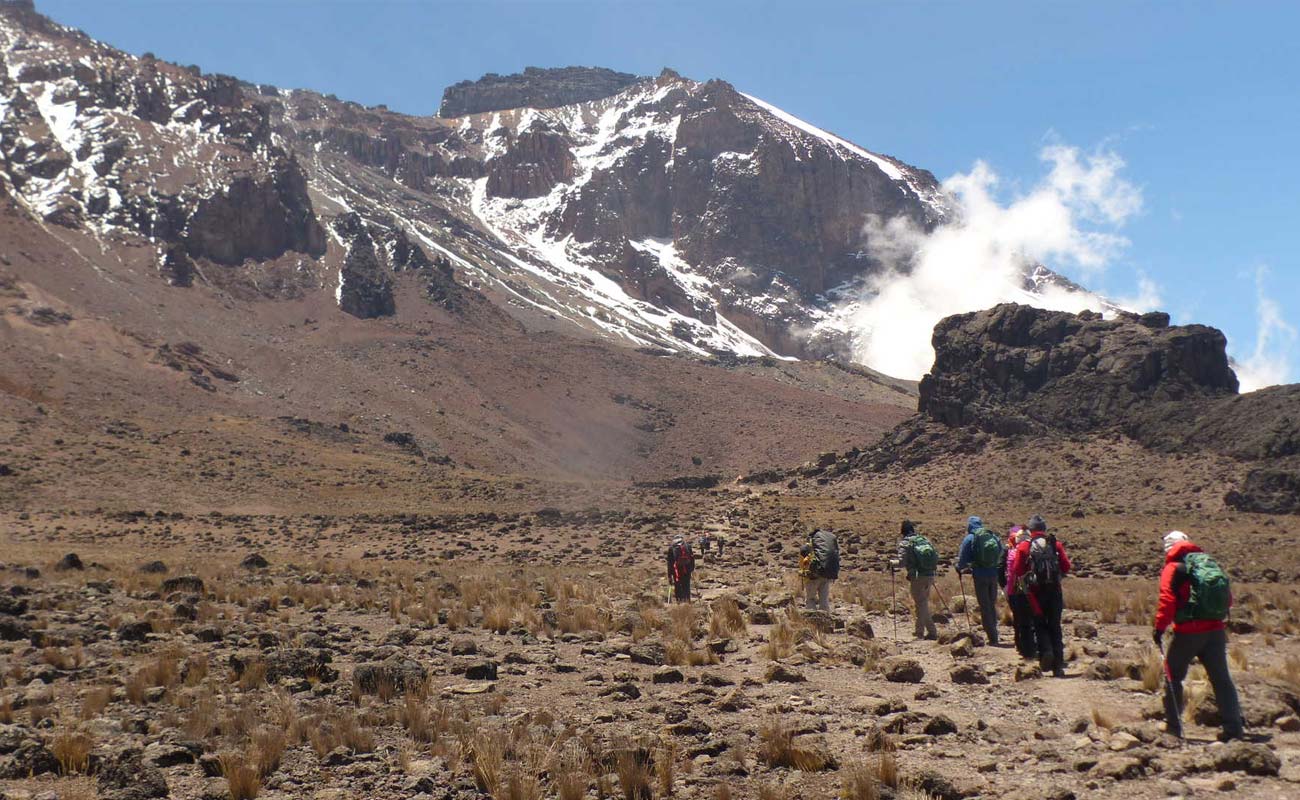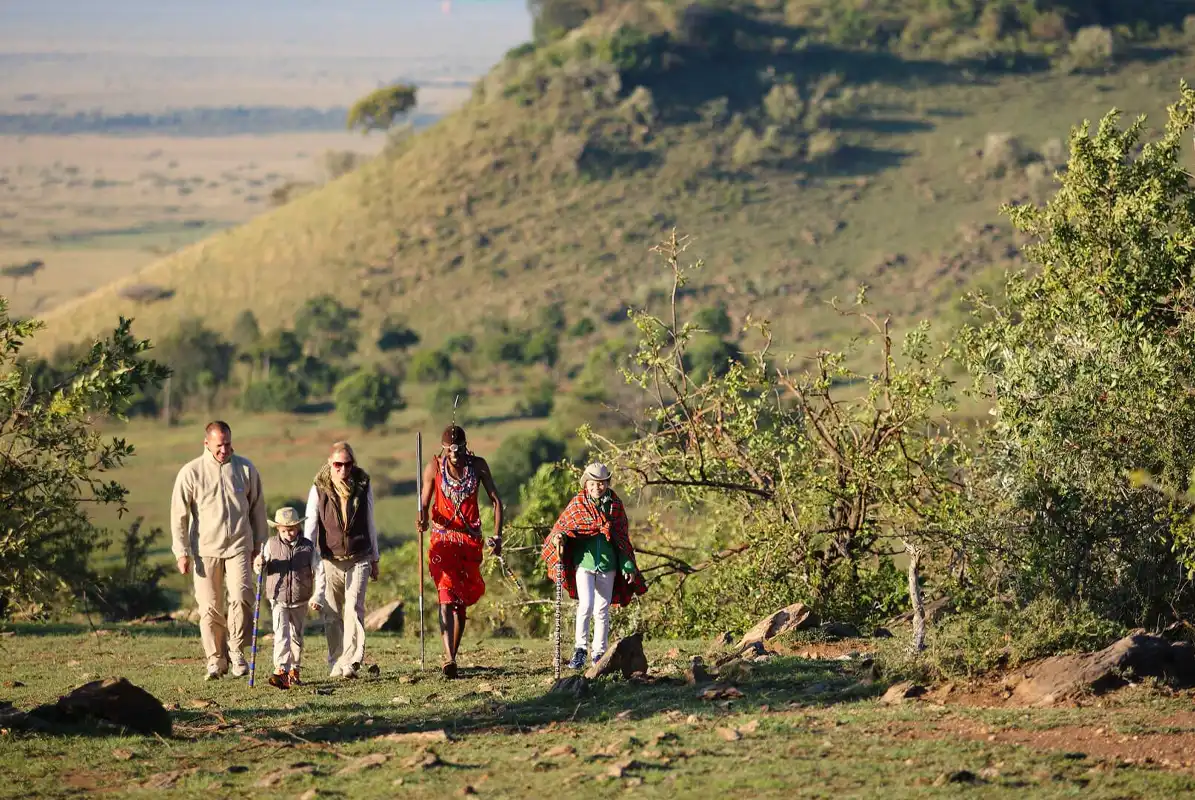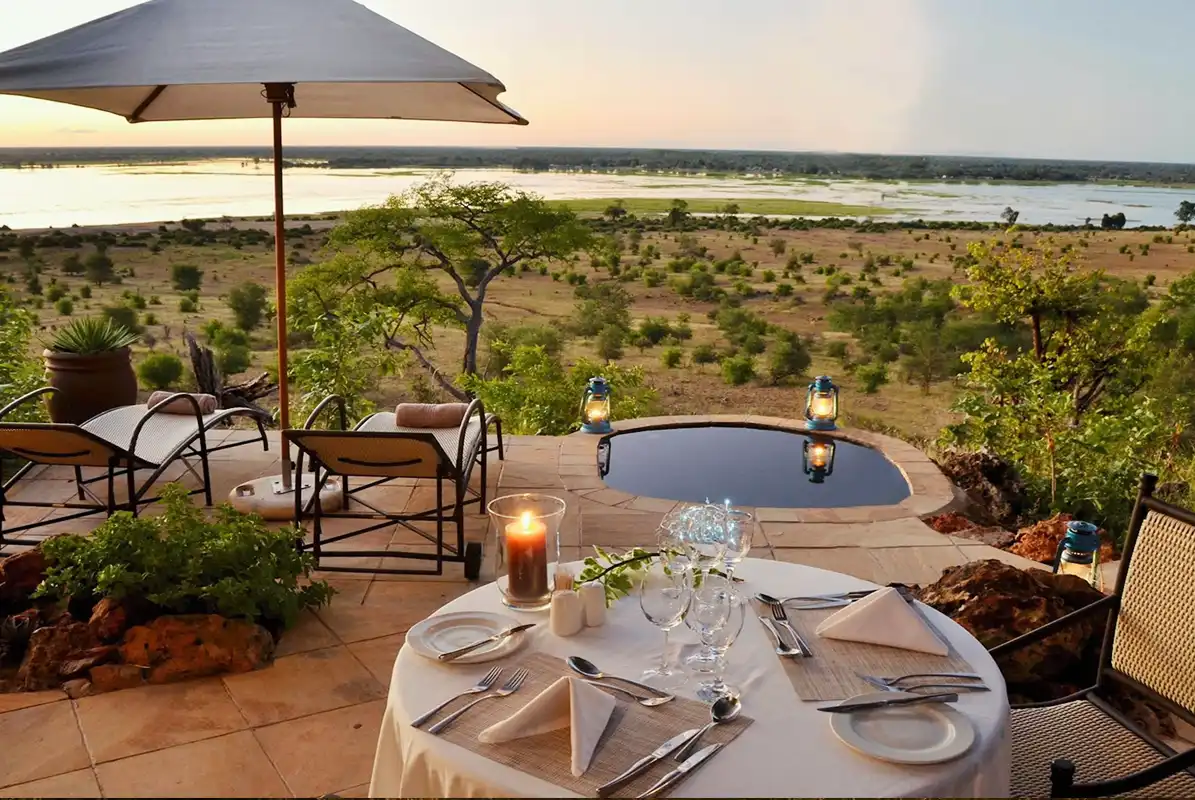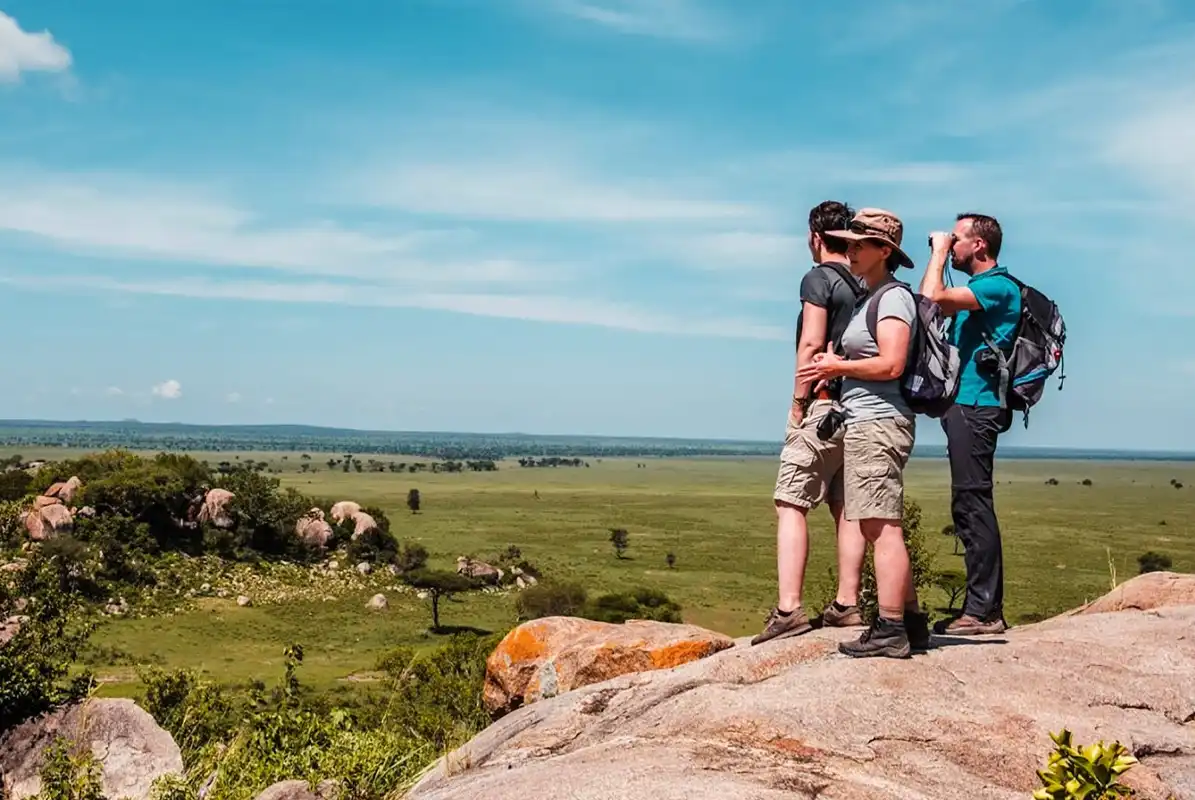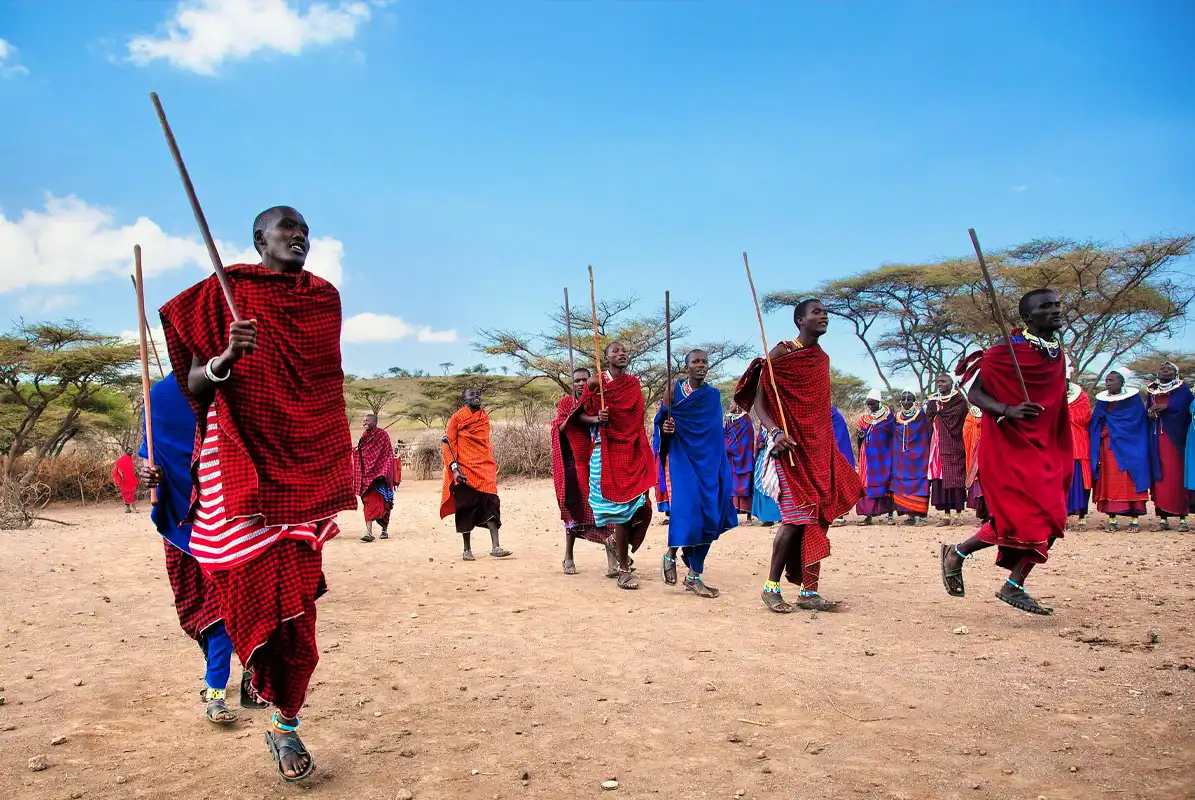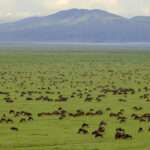How Much To Tip on Tanzania Safari?
Tanzania’s economy: issues with tipping
Tipping in Tanzania is a nuanced practice, contingent upon the quality of service rendered, and ultimately, it’s at your discretion whether to tip or not. While we certainly advocate for recognizing exceptional service, we also emphasize the impact of tipping on the local community.
For service professionals in Tanzania, such as waitstaff, guides, and trackers, tips often constitute a significant portion of their earnings. However, there exists a delicate equilibrium between tipping appropriately and excessively. While it may seem innocuous, overly generous tips can disrupt the local economic balance.
Consider the roles within the ecosystem: a seasoned park ranger commands respect, requiring extensive education and experience across various national parks. Though vital to conservation efforts, government-employed rangers typically don’t rank among the highest earners. Meanwhile, a safari camp assistant fulfills essential tasks, though with fewer educational prerequisites and responsibilities.
The potential issue arises when disproportionate tips elevate the income of the assistant above that of the ranger. This distortion in remuneration undermines the incentive for rangers to excel in their duties, potentially compromising the integrity of park management.
Before extending gratuities, reflect on the scope and significance of the services provided, and ensure your tips remain commensurate with the effort exerted. By doing so, you contribute to fostering a sustainable and equitable tipping culture in Tanzania.
Who to tip and when on a Tanzania safari
Understanding who to tip during a safari is pivotal, considering the multitude of individuals contributing to your journey’s success. Here’s a breakdown:
- Tipping Guides: Your safari experience hinges greatly on the expertise and guidance of your tour leader. Many lodges advocate for tipping guides separately to ensure they receive fair recognition for their pivotal role.
- Tipping the Support Team: Behind-the-scenes personnel, including chefs, kitchen staff, housekeepers, and maids, play integral roles in ensuring a seamless trip. To acknowledge their efforts, numerous camps employ a ‘general staff tip box’, with contributions evenly distributed among the support team.
- Tipping Managers: While camp managers hold significance, tipping them is akin to tipping a restaurant owner. As a standard practice, tipping managers isn’t customary. However, exceptional service may warrant recognition, albeit as an exception rather than the norm.
When to tip
One commonly asked question revolves around the optimal timing for tipping. Here are the three options:
- After each activity.
- At the end of each day.
- After your stay.
It’s considered best practice to tip only once, and that too, after your stay at each safari lodge or camp.
Tipping after each activity can inadvertently create pressure on guides to cater more exclusively to the tipping guest, potentially disrupting the dynamic with other guests. Additionally, it might place fellow guests in an uncomfortable position if they aren’t tipping as frequently. Therefore, consolidating tips at the end of your stay ensures a more balanced and harmonious experience for all involved.
How to tip
In Tanzania, the prevalent method of tipping is through the use of tip boxes provided by most camps. However, it’s essential to note that each camp may have its policy regarding these boxes. Some are designated for all staff members, while others exclude guides.
Some camps explicitly outline their tipping policies and leave them in guest rooms. If not, it’s advisable to inquire with the manager about the existence of a tip box and which staff members share the proceeds. Subsequently, you have the choice of contributing to the box entirely or tipping specific team members individually. Typically, guides, trackers, and butlers receive direct tips, whereas other staff members benefit from contributions to the general staff tip box. Nevertheless, this practice can vary, so seeking clarification is prudent.
Cash is the preferred currency for tipping, with Tanzanian shillings or US dollars being the most commonly accepted. Although certain camps may offer the option to tip via credit card, this isn’t standard practice in Tanzania and may complicate directing tips to specific staff members due to accounting limitations.
For travelers who prefer to plan, bringing a supply of envelopes can facilitate organized tipping. Consider including a ‘thank you’ card inside each envelope. As your stay nears its end, address the envelopes to individuals or groups of staff you wish to tip, allocate the appropriate amount, and distribute them accordingly or place them in the designated tip box.
How much to tip
The suggested tipping amounts provided here serve as guidelines based on our extensive experience with safaris in Tanzania. Tipping remains subjective, influenced by personal preferences and considerations outlined earlier.
For commendable service, we recommend our travelers consider tipping approximately:
- US$8–10 per guest per day for a group guide.
- US$8–10 per guest per day for a private guide.
- US$8–10 per guest per day for the hotel or safari camp, allocated among camp staff (excluding safari guides).
- US$3–5 per city transfer.
In closing, we emphasize that tipping is a customary aspect of Tanzania’s service industry, and there’s no need for hesitation. However, mindful tipping is crucial, as the impact of relatively affluent visitors on the local economy can be substantial. Tipping thoughtfully preserves economic and social equilibrium, underscoring the importance of considering the broader implications when tipping staff during your Tanzanian safari.



